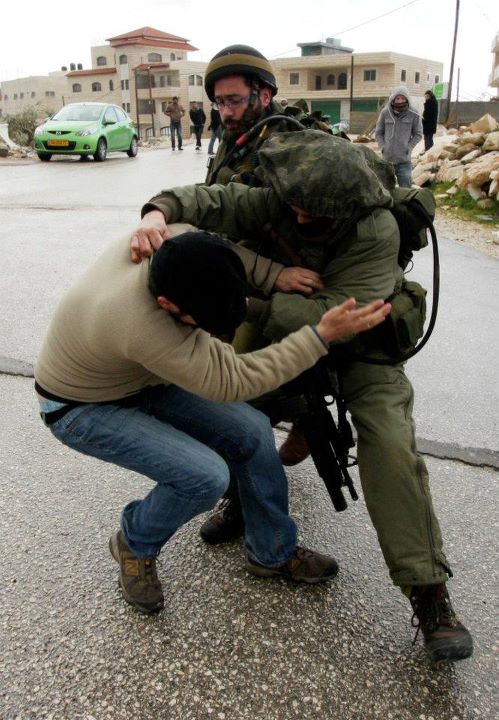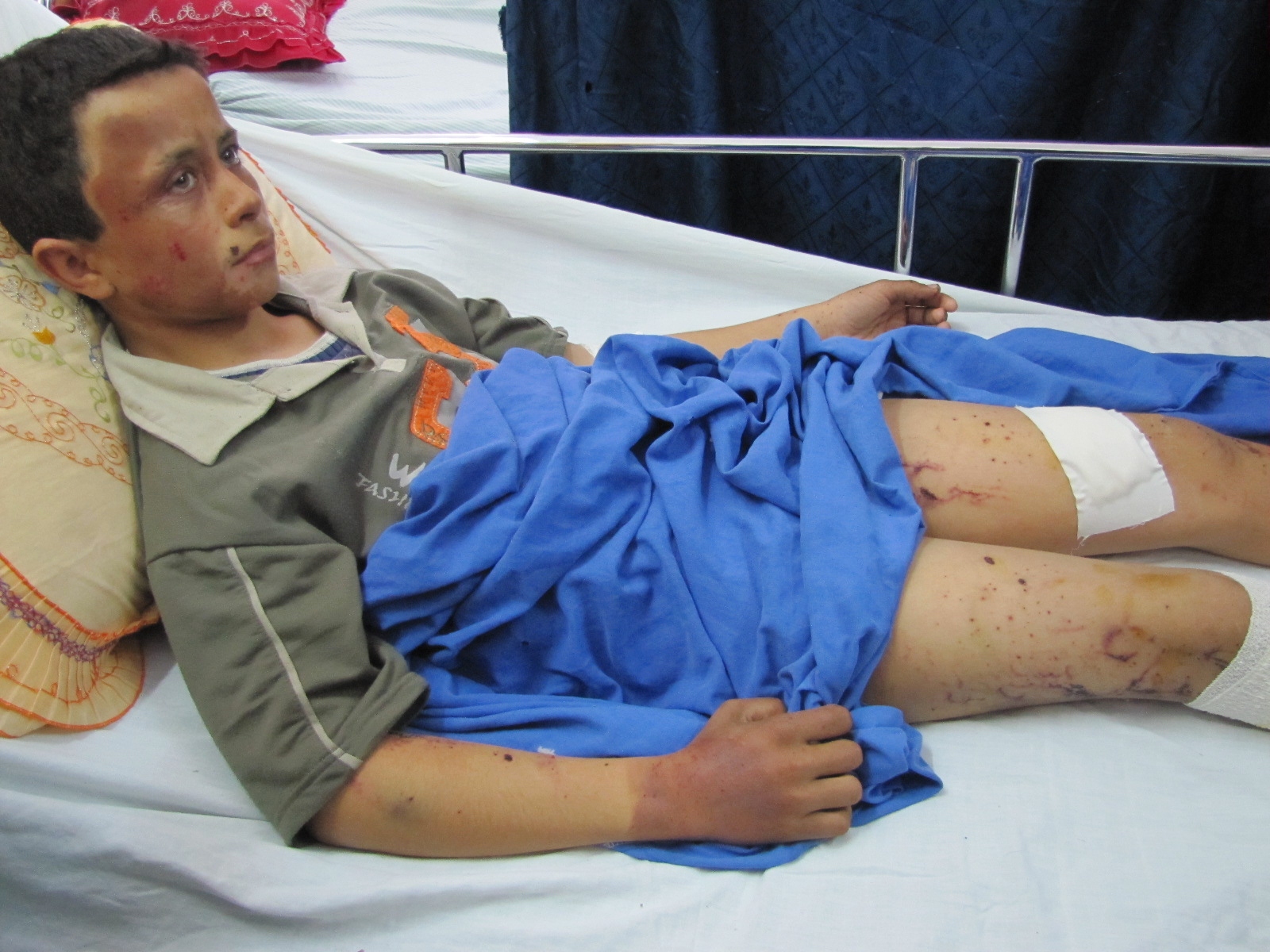Category: In the Media
-

In Photos: Bethlehem met with rain of Israeli violence
by Mahmoud Zawahre 16 March 2012 | Al Ma’sara Popular Committee Today the weekly demo of Al-Ma’sara, near Bethlehem, was underway as dozens of Palestinians and Israelis demonstrated in the heavy rain against the wall in solidarity with Hana Shalabi . Israeli Occupartion Forces first attacked Mahmoud Zawahre, the coordinator Of Al-Ma’sara Popular Committee, tearing…
-

Casualties of the last attacks on Gaza: Visit to Shifa Hospital
by Rosa Schiano 15 March 2012 | il Blog di Oliva This morning we went to pay a visit to the wounded at the Shifa Hospital. Most of them have fractures and burns. Hani Al-Qanoo, 15 His mother, Reda, tells that on Sunday morning around 9am Hani and his brother went to school, but there were…
-
Why did Israel stop me from visiting the West Bank?
by Alistair George 15 March 2012 | The Electronic Intifada The standard line trotted out by Israeli politicians is that Israel is the only democracy among a sea of repressive Arab autocracies. Israeli Finance Minister Yuval Steinitz claimed recently that “Israeli democracy is alive, liberal and breathing; I don’t know many better democracies in the…
